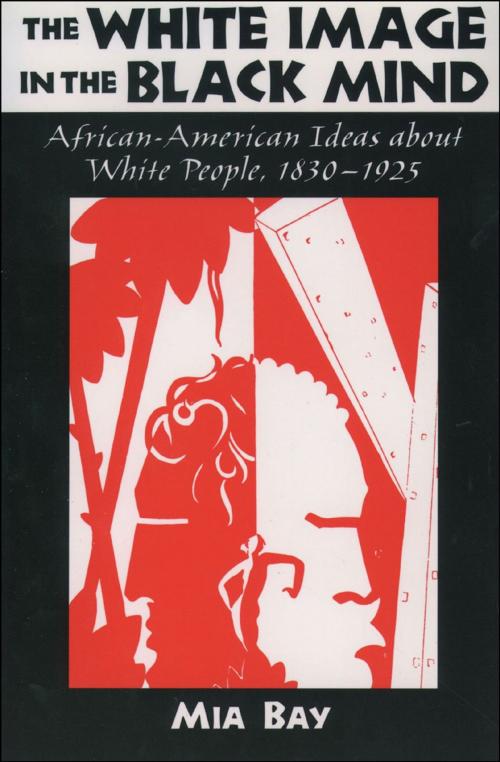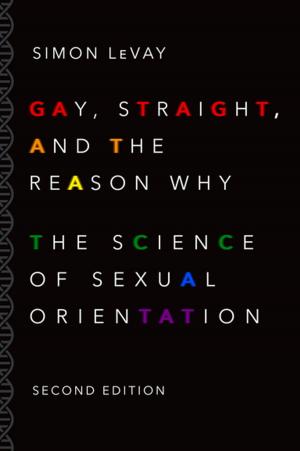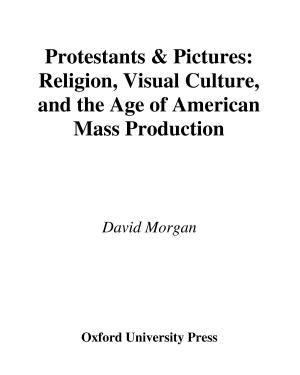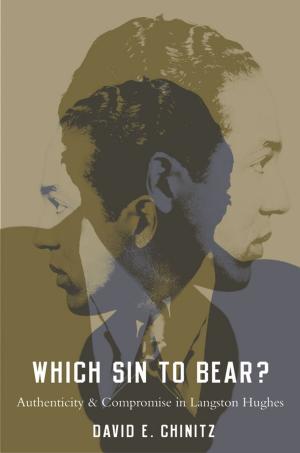The White Image in the Black Mind
African-American Ideas about White People, 1830-1925
Nonfiction, Social & Cultural Studies, Social Science, Cultural Studies, African-American Studies, History, Americas, United States, Civil War Period (1850-1877), 19th Century| Author: | Mia Bay | ISBN: | 9780199881079 |
| Publisher: | Oxford University Press | Publication: | February 10, 2000 |
| Imprint: | Oxford University Press | Language: | English |
| Author: | Mia Bay |
| ISBN: | 9780199881079 |
| Publisher: | Oxford University Press |
| Publication: | February 10, 2000 |
| Imprint: | Oxford University Press |
| Language: | English |
How did African-American slaves view their white masters? As demons, deities or another race entirely? When nineteenth-century white Americans proclaimed their innate superiority, did blacks agree? If not, why not? How did blacks assess the status of the white race? Mia Bay traces African-American perceptions of whites between 1830 and 1925 to depict America's shifting attitudes about race in a period that saw slavery, emancipation, Reconstruction, and urban migration. Much has been written about how the whites of this time viewed blacks, and about how blacks viewed themselves. By contrast, the ways in which blacks saw whites have remained a historical and intellectual mystery. Reversing the focus of such fundamental studies as George Fredrickson's The Black Image in the White Mind, Bay investigates this mystery. In doing so, she uncovers and elucidates the racial thought of a wide range of nineteenth-century African-Americans--educated and unlettered, male and female, free and enslaved.
How did African-American slaves view their white masters? As demons, deities or another race entirely? When nineteenth-century white Americans proclaimed their innate superiority, did blacks agree? If not, why not? How did blacks assess the status of the white race? Mia Bay traces African-American perceptions of whites between 1830 and 1925 to depict America's shifting attitudes about race in a period that saw slavery, emancipation, Reconstruction, and urban migration. Much has been written about how the whites of this time viewed blacks, and about how blacks viewed themselves. By contrast, the ways in which blacks saw whites have remained a historical and intellectual mystery. Reversing the focus of such fundamental studies as George Fredrickson's The Black Image in the White Mind, Bay investigates this mystery. In doing so, she uncovers and elucidates the racial thought of a wide range of nineteenth-century African-Americans--educated and unlettered, male and female, free and enslaved.















